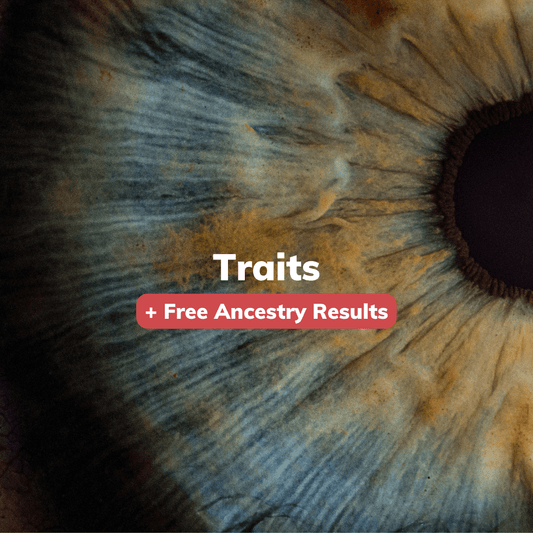
Ability to stay awake
Celine HaarhoffGenetic predisposition is the likelihood of a person developing certain traits or conditions based on their genetic makeup. This can include physical characteristics like eye color and height to medical conditions like heart disease and diabetes.
One interesting area of study in genetic predisposition is the ability to stay awake. Some people can naturally stay awake for long periods without feeling tired, while others struggle to stay awake even after a full night's sleep.
Your ability to stay awake during the day may be determined by many factors. Most important are your sleep quality and frequency of experiencing insomnia. Our genes have been found to be involved in both of these.
Our genes can contribute to how long it typically takes us to fall asleep, how likely we are to experience insomnia, and how good our quality of sleep is.
It's important to note that other factors, such as lifestyle habits or medical conditions, can also cause a lack of sleep, low quality of sleep, and excessive daytime sleepiness.
Genetic testing can help determine a person's predisposition to the ability to stay awake. This can be useful for a number of reasons, including:
- Identifying the underlying cause of excessive tiredness or difficulty staying awake
- Helping to develop personalized treatment plans for sleep disorders
- Providing insight into a person's natural sleep-wake patterns
Genetic testing for sleep-wake propensity is typically performed using a blood or saliva sample. The sample is then analyzed for specific genetic variations linked to sleep and wakefulness.
It's important to note that genetic testing is not a perfect predictor of sleep-wake propensity. While genetics play a role in their ability to stay awake, other factors, such as lifestyle and environment, can also affect their sleep-wake patterns.


